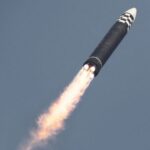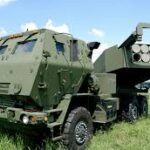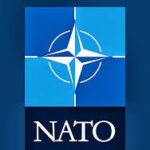Luke Allen
Military Political Analyst
Makati, Manila
lukeallenmanila@journalist.com
SEOUL, South Korea — In a provocative action that has heightened tensions on the Korean Peninsula, North Korea has launched over 150 balloons filled with trash, toilet paper, and excrement across the border into South Korea. The move, which Pyongyang described as a response to South Korean activists sending balloons carrying anti-Kim Jong-un propaganda leaflets and money into the North, marks the latest in a series of hostile exchanges between the two nations.
The balloons, which began descending on the South Korean side of the Demilitarized Zone (DMZ) early Tuesday morning, unleashed a torrent of waste across several border villages. Residents of these areas have reported scenes of strewn garbage, shredded paper, and foul-smelling excrement contaminating their surroundings. South Korean authorities have quickly condemned the action, describing it as a deplorable act that endangers public health and the environment.
“This is a clear violation of international norms and poses serious health risks to our citizens,” said South Korea’s Unification Ministry. “We urge North Korea to cease such hostile actions immediately and engage in constructive dialogue.”
The North Korean government, through its state-controlled media, confirmed the balloon launches, framing them as a justified retaliation against what it termed as “provocative and hostile acts” by South Korean activists. According to a report by the Korean Central News Agency (KCNA), the operation was intended to “punish Seoul” for allowing the dissemination of materials critical of the North Korean leadership.
“We will continue to take decisive measures to defend our dignity and sovereignty against the malicious acts of the South Korean puppets,” the KCNA statement read. “The mounds of waste paper and filth sent to the South are only a taste of what will come if these provocations do not cease.”
The incident has sparked outrage among South Korean citizens and officials alike. Many are calling on the government to take more decisive action against North Korea’s aggressive tactics. Environmental groups have also voiced concern over the potential ecological impact of the waste, urging immediate cleanup efforts to prevent contamination of water sources and soil in the affected areas.
In response to the balloon launches, South Korea’s Defense Ministry announced that it would increase surveillance and monitoring along the border to prevent further incidents. The ministry also indicated that it was considering various options to counteract the North’s actions, though it did not specify what measures might be taken.
The balloon launches represent a new and unconventional form of psychological warfare in the long-standing conflict between the two Koreas. The use of balloons as a means of propaganda and retaliation is not unprecedented; both sides have a history of employing such tactics to deliver messages across the heavily fortified border. However, the introduction of waste-filled balloons adds a new dimension to the ongoing feud, raising questions about the lengths each side is willing to go to provoke the other.
The timing of the incident is particularly sensitive, as it comes amid stalled diplomatic efforts to ease tensions on the peninsula. Talks between North and South Korea and the United States have yet to make progress in recent months. The balloon launches further complicate these efforts, exacerbating existing animosities and undermining trust.
For now, the residents of the border villages are left to deal with the immediate aftermath of North Korea’s unconventional assault as cleanup crews work to restore some semblance of normalcy to their lives.















